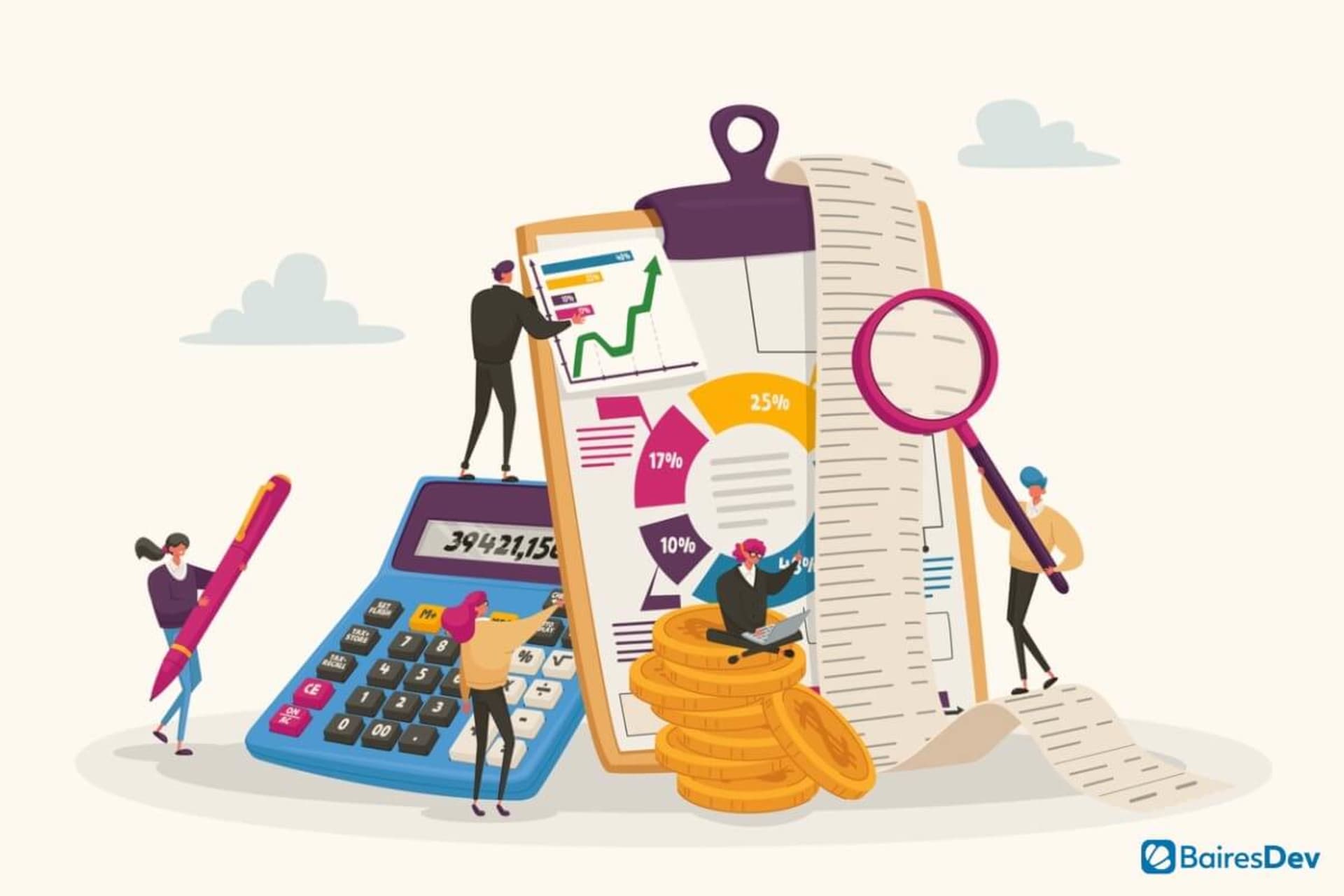As a tech leader, it’s easy to become focused on developing your technical skills at the expense of everything else. After all, it’s right in our job description that we’re technology leaders! However, the other half of our job description speaks of a multi-dimensional role that pulls on disciplines ranging from psychology and management science to empathy and storytelling.
Most of us find the tech part of our role exciting and engaging, and we understand who to speak with and where to go to get up to speed on tech trends and execution quickly. The other, more mercurial basket of skills is where many of us struggle. Here are 3 skills that will make you a better and more effective leader and improve your ability to learn and explain technology.
Become a Better Learner
One of the most critical skills in just about every field, particularly tech, is rapidly learning and applying new information. If you consider the prevalent technologies when you started your career, there are probably few that are still in active use, and you’ve probably acquired functional knowledge of a half dozen new ones.
While we don’t often think deeply about it, learning is a skill that can be developed and honed, and as you progress towards mastery, it becomes a powerful tool in your leadership arsenal. Aside from the ability to rapidly acquire functional knowledge about new technology, you’ll likely need to quickly develop knowledge about topics ranging from marketing and corporate finance to a new industry if you change jobs or your company launches a new product set.
One of the best ways to become a better learner is a conscious practice. Try learning a new skill or content area outside those you traditionally study for work and your current hobbies. Perhaps you have a home improvement project coming up and might learn some aspects of construction so you can speak knowledgeably with your contractors. If you’re not musically inclined, try learning how to use a basic composition tool like Garage Band or similar, or if you’re more ambitious, learn an instrument.
There are dozens of possibilities, from new languages to delving deeper into tech applications and building a small app or similar project. The goal is not mastery of an unfamiliar skill but to “learn how to learn,” a more challenging task with unfamiliar content.
Applied Storytelling
We often hear about storytelling techniques, but few take pragmatic steps to learn and apply storytelling. The benefits of storytelling are obvious. As human beings, we’ve been sharing knowledge through storytelling since the advent of language and are naturally inclined to gather information through stories.
Not only is applied storytelling an attractive content area to burnish your learning skills, but it’s a skill that you can frequently practice and apply with minimal cost. Next time you’re giving a talk or presenting content, try to frame it as a story, with a defined beginning and end, a set of heroes and villains, and a “lesson” that you want to impart to your audience.
This concept might feel a bit foreign and unwieldy at first, but you’ve heard stories your whole life, so take your favorite simple story or fairytale and apply a similar structure. With a bit of practice, you’ll soon find your audience is more engaged, your content is better received, and with a bit of luck, whatever action or lesson you’re hoping to impart will be accepted and acted upon.
Practice Empathy
There has been a lot of talk about empathy, to the point where it has become misunderstood, and commingled with things like compassion and sympathy. Empathy is the ability to understand the feelings and motivations of another human being without judgment or agreement. It’s the proverbial ability to “walk a mile in someone else’s shoes” without siding with or against that person.
Empathy is crucial for leaders on several fronts: if you can understand the feelings and motivations of your team members, colleagues, and leaders, you can respond more effectively. For example, 2 high performers that are similar in every way might be suffering from an unexpected slump in their performance. Your natural reaction might be to give them a “pep talk” and look for improvement, and then perhaps continue with other techniques if the pep talk fails.
If you first start with trying to understand their feelings and motivations, you’ll likely begin with asking questions rather than providing a prescription for improvement. You might discover that despite similar backgrounds and prior performance, these 2 individuals have very different reasons for their slump and require different interventions.
Tactically, empathy can make you more effective at everything from vendor negotiations to performance reviews. Like storytelling, this is a difficult skill to master but an easy one to practice. Before important interactions with everyone from team members to bosses, take a minute or two to imagine yourself in their shoes. What are they concerned about? What do they want to get out of their interaction with you? What are their hopes and worries?
As you develop your empathy, you’ll find your teams are performing better and might even hear feedback like “our lead just ‘gets’ us and is deeply concerned about our team and our work.”
Get to Work
If you’ve managed to advance to a leadership role, there’s probably no question of your technical chops, and ability to understand and lead complex technology implementations. However, if you want to take your leadership game to the next level, it’s essential to focus on the non-technical side of your leadership role and develop skills like those mentioned above.
With some practice, becoming a more effective learner, applying storytelling techniques, and honing your sense of empathy can make you an exceptional leader that just happens to be in a technical field, rather than a great technician who is merely an average leader.







